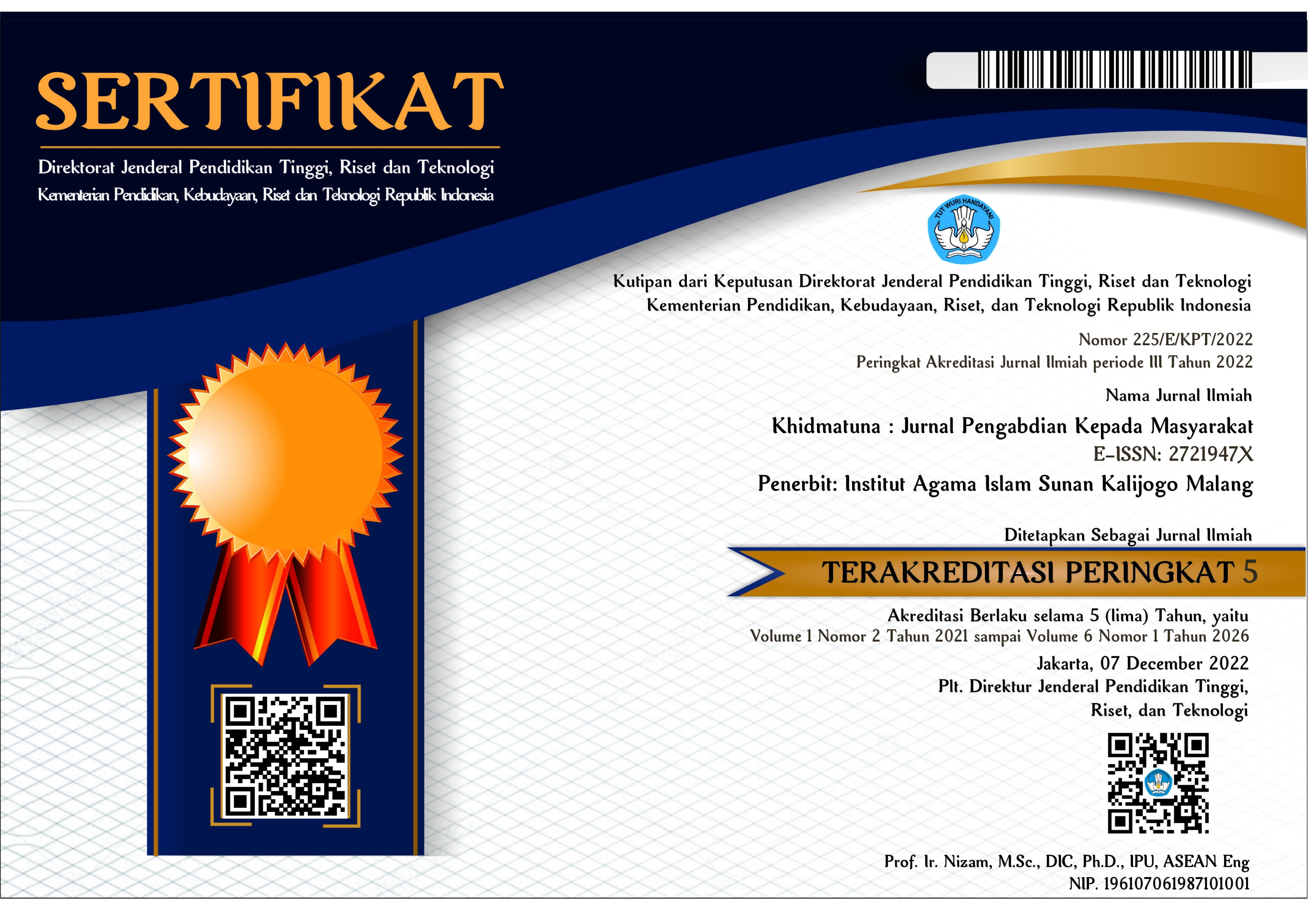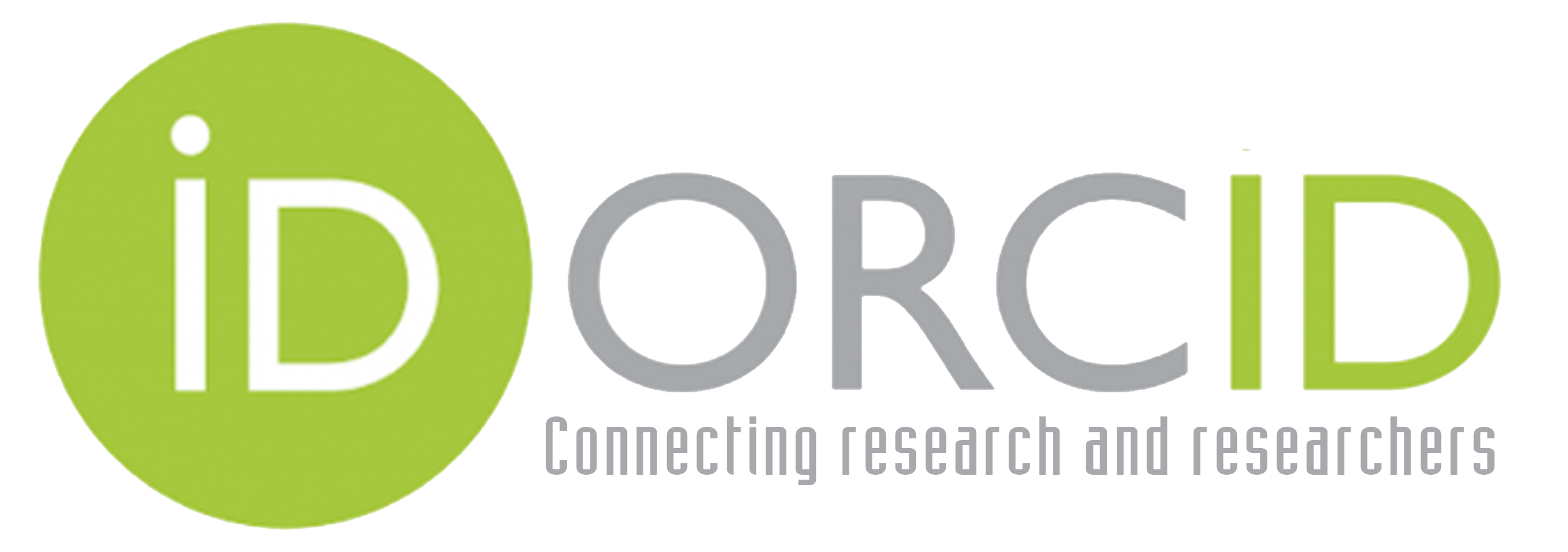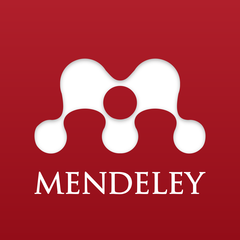Sosialisasi Penerapan Sak Syariah-Psak 112 tentang Akuntansi Wakaf guna Pembuatan Laporan Keuangan Bagi Para Nazhir di Lingkungan Badan Wakaf Indonesia (BWI) Perwakilan Propinsi Kalimantan Selatan
Keywords:
Nazhir, PSAK 112 wakaf, waqifAbstract
Waqf is a fund entrusted by the people for the common benefit of which the reward for continuous charity is for waqif. Because it is in the form of a deposit at an agency / institution / foundation, demands for disclosure and good management of waqf funds (good governance) are important points that people always look forward to from the financial reports of waqf institutions / agencies / foundations. One of the challenges faced is how to disclose and uniform the components of waqf financial statements that are easy to understand, transparent, and accountable for both internal parties including Nazhir and waqif, as well as external users outside the scope of the waqf bodies / institutions. Based on the applicable national standards, the implementation of Sharia Financial Accounting Standards (SAK Syariah) Statement of Financial Accounting Standards (PSAK) 112 concerning Waqf Accounting for the realization of transparent and accountable financial reports that have uniform components of financial statements with one another. Good reports that are easy to understand can be additional information for the community. This makes the public have no doubt about Nazhir's credibility in these waqf institutions which have an impact on the success of the national movement of cash waqf (GNWU) proclaimed by the President.
Downloads
Downloads
Published
How to Cite
Issue
Section
License
Copyright (c) 2021 Ikhwatun Hasanah

This work is licensed under a Creative Commons Attribution-ShareAlike 4.0 International License.


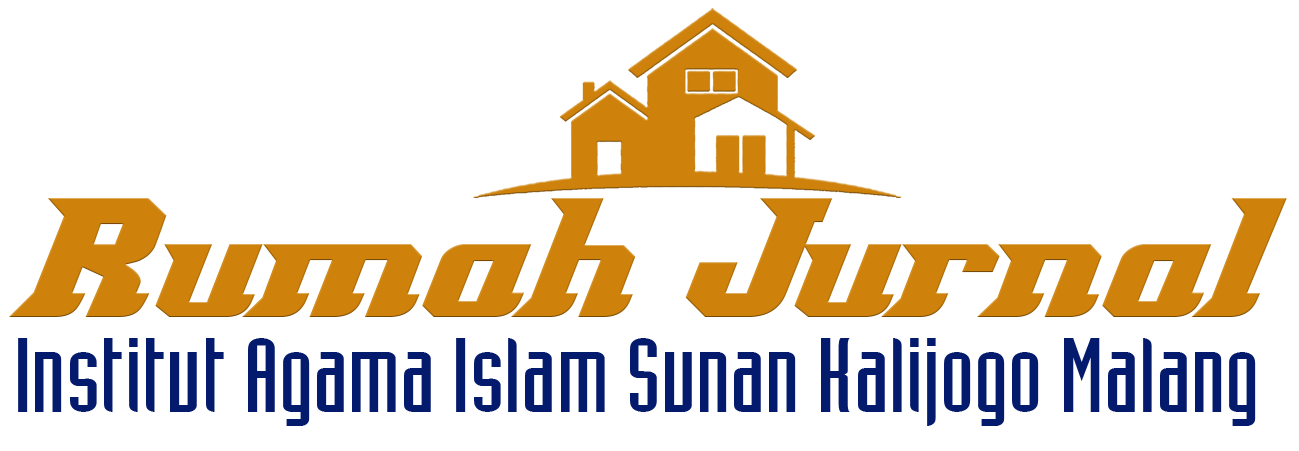
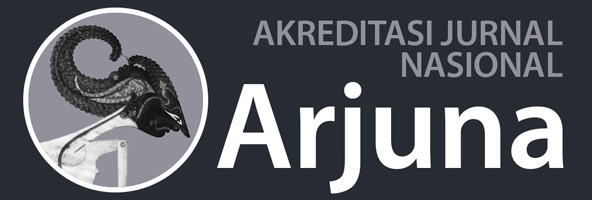
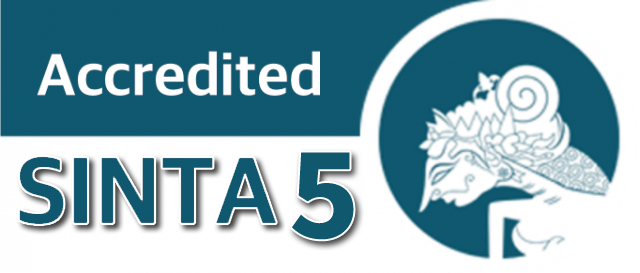
 ISSN
ISSN

